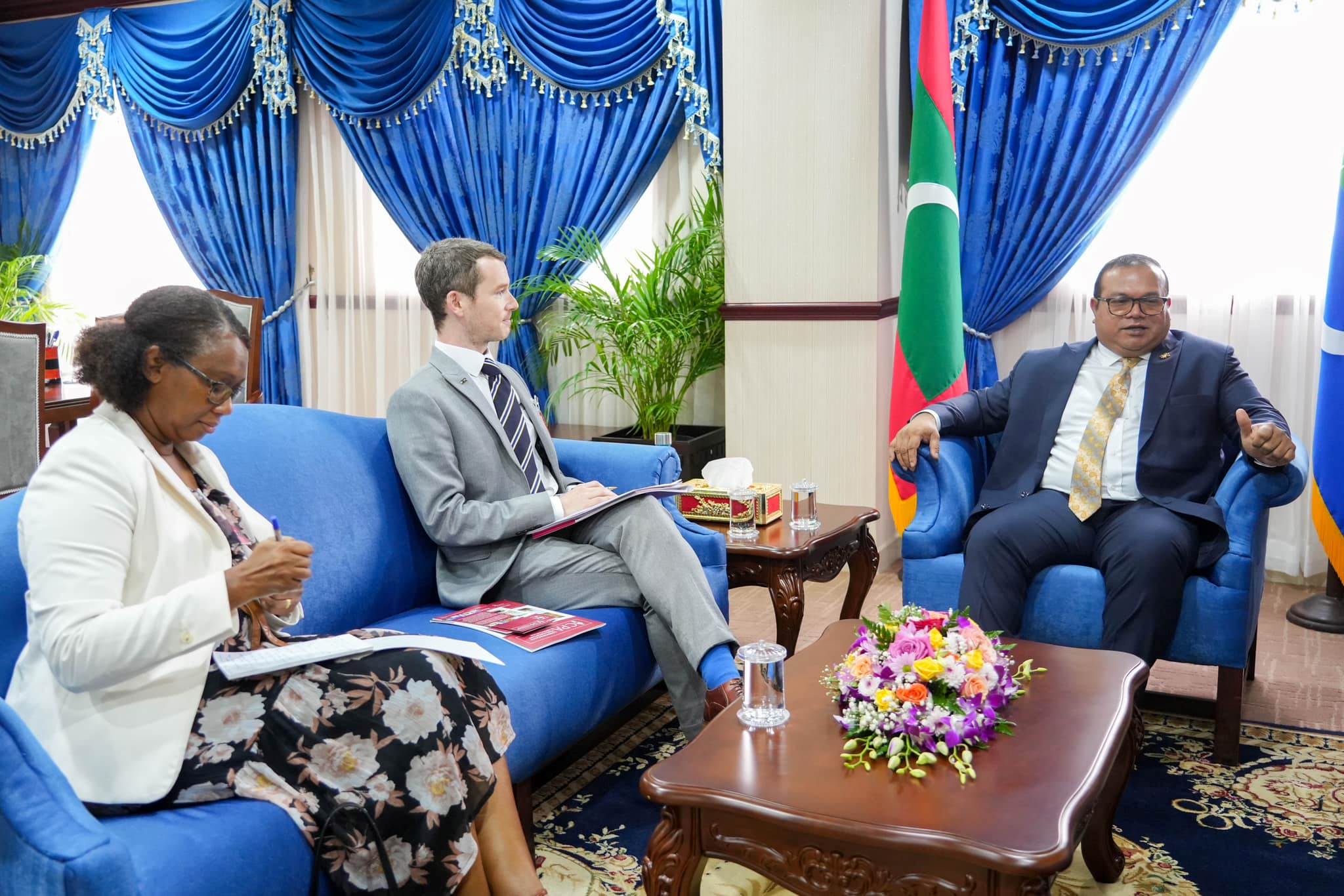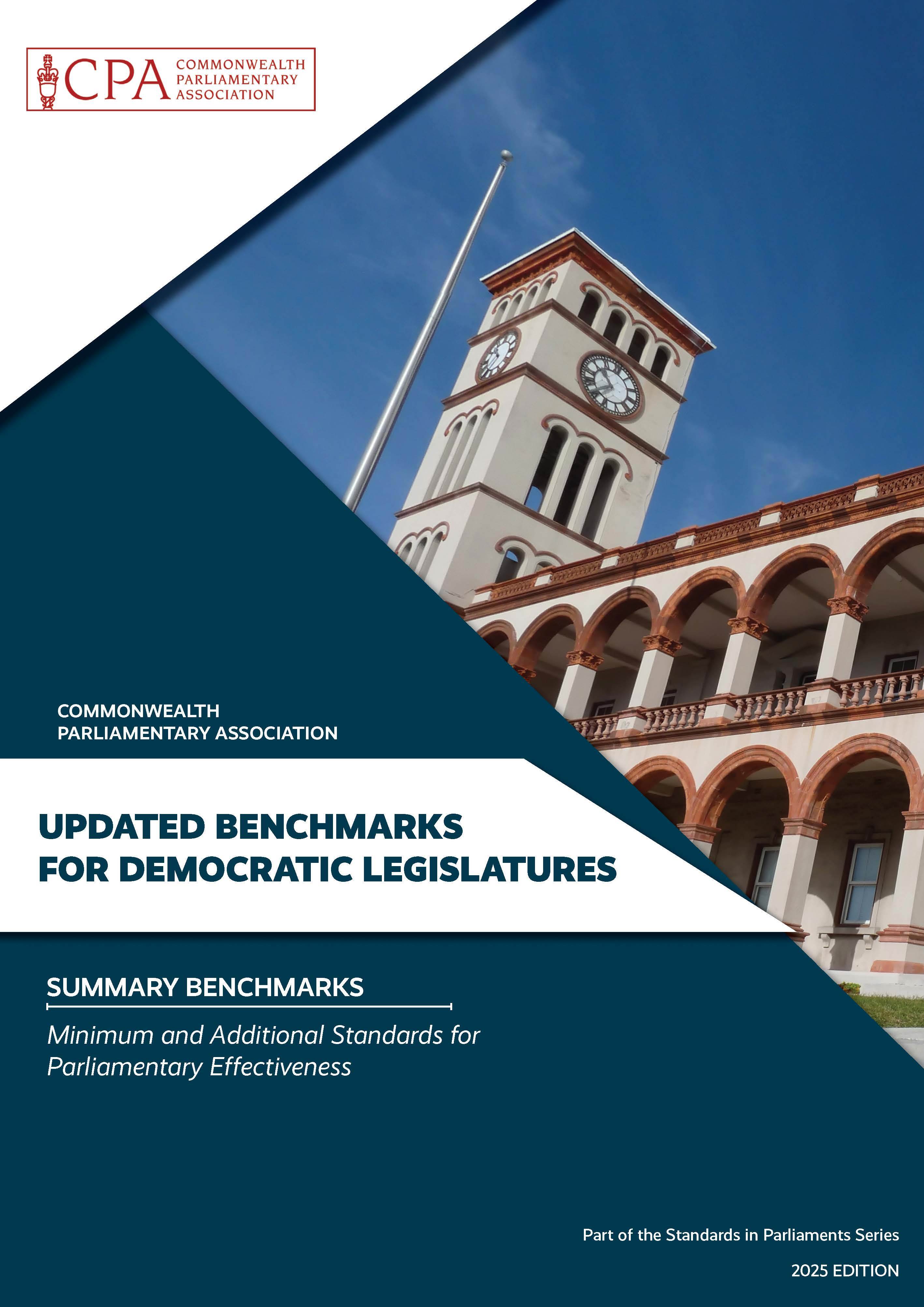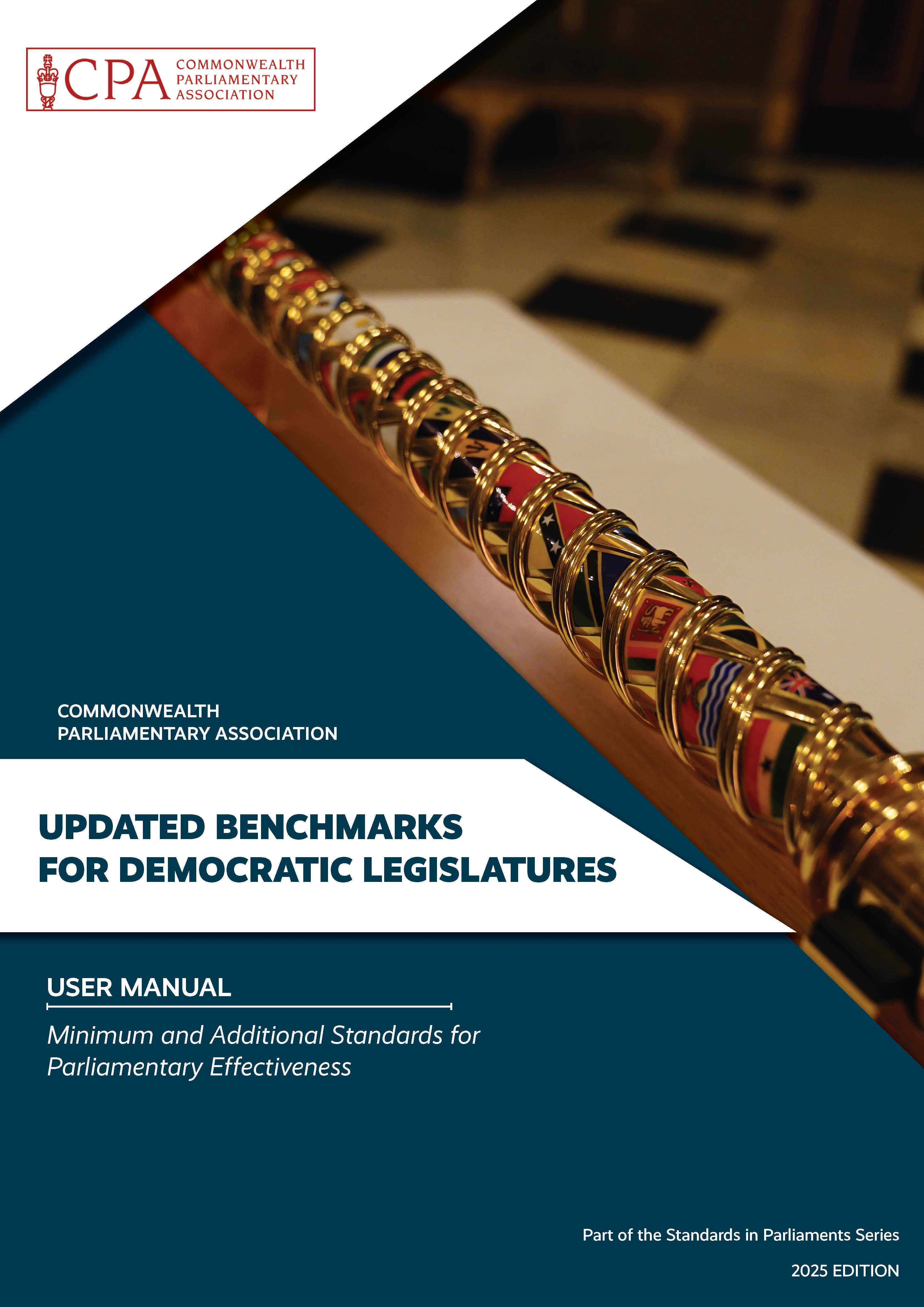As mentioned previously, the leadership within Parliament may decide it is a good idea and a good time to undertake a self-assessment. This may be because there is a desire to develop a new Strategic Plan or an election year is approaching, and it seems like a good opportunity to self-reflect on the workings of Parliament.
Likewise, the CPA Headquarters Secretariat or other development partner may have reached out to the Parliament to encourage a self-assessment ahead of future planned technical development projects.
Either way, at this point it is important to ask some key questions:
- Will this be a unicameral or bicameral self-assessment?
- Who is involved in the decision to undertake a self-assessment? Is it the Speaker/President and Clerk or should it include the Government and Opposition, and do other public servants need to be involved?
- When will it occur?
- Will it be a facilitated self-assessment delivered in partnership with the CPA, or will the Parliament choose to undertake the self-assessment internally and independently?
- Should the self-assessment focus on one specific area, or on all the Benchmarks?
- Does the Parliament want to measure itself against the ‘minimum’ standards or the ‘additional’ standards as well?
- Who will manage the day-to-day logistical arrangements and planning for the self-assessment within the Parliament?
- What are the cost implications for doing this?
- If there isn’t a House or Administration/Parliamentary Service Committee/Commission in place, would it be worth establishing a temporary internal committee for the purposes of the self-assessment and post-assessment process?



